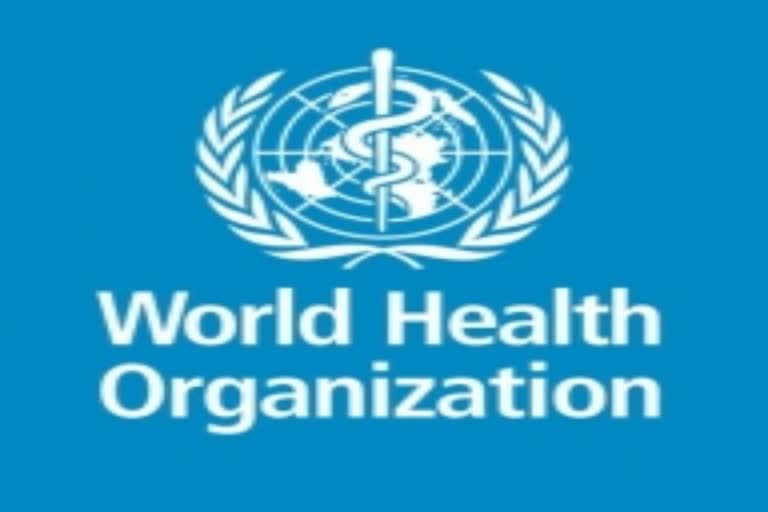The WHO chief's remarks came after drugmaker AstraZeneca said on Monday that its COVID-19 vaccine, developed with Oxford University, was up to 90 percent effective, making it the third major drug company after Pfizer and Moderna to have reported late-stage data for a potential COVID-19 vaccine, Xinhua news agency reported on Tuesday.
"The significance of this scientific achievement cannot be overstated. No vaccines in history have been developed as rapidly as these. The scientific community has set a new standard for vaccine development," Tedros added.
He pointed out how the international community must set a new standard for access, as "the urgency with which vaccines have been developed must be matched by the same urgency to distribute them fairly."
Worried that the poorest and most vulnerable countries will be trampled in the stampede for vaccines, WHO established the Access to COVID-19 Tools Accelerator to support global efforts in developing vaccines, diagnostics, and therapeutics, and has joined so far 187 countries in the COVAX facility to collaborate on the procurement and rollout of vaccines, ensuring affordable prices, volumes, and timing for all countries.
According to the WHO chief, some US $4.3 billion is needed immediately to support the mass procurement and delivery of vaccines, tests, and treatments, while the additional US $23.8 billion will be needed next year.
"The International Monetary Fund estimates that if medical solutions can be made available faster and more widely, it could lead to a cumulative increase in global income of almost US $9 trillion by the end of 2025," he said.
Now 'real hope' to end COVID-19 with vaccines: WHO chief
There is now 'real hope' that vaccines, in combination with other tried and tested public health measures, will help to end the pandemic," said the World Health Organization (WHO) Director-General Tedros Adhanom Ghebreyesus.

The WHO chief's remarks came after drugmaker AstraZeneca said on Monday that its COVID-19 vaccine, developed with Oxford University, was up to 90 percent effective, making it the third major drug company after Pfizer and Moderna to have reported late-stage data for a potential COVID-19 vaccine, Xinhua news agency reported on Tuesday.
"The significance of this scientific achievement cannot be overstated. No vaccines in history have been developed as rapidly as these. The scientific community has set a new standard for vaccine development," Tedros added.
He pointed out how the international community must set a new standard for access, as "the urgency with which vaccines have been developed must be matched by the same urgency to distribute them fairly."
Worried that the poorest and most vulnerable countries will be trampled in the stampede for vaccines, WHO established the Access to COVID-19 Tools Accelerator to support global efforts in developing vaccines, diagnostics, and therapeutics, and has joined so far 187 countries in the COVAX facility to collaborate on the procurement and rollout of vaccines, ensuring affordable prices, volumes, and timing for all countries.
According to the WHO chief, some US $4.3 billion is needed immediately to support the mass procurement and delivery of vaccines, tests, and treatments, while the additional US $23.8 billion will be needed next year.
"The International Monetary Fund estimates that if medical solutions can be made available faster and more widely, it could lead to a cumulative increase in global income of almost US $9 trillion by the end of 2025," he said.


